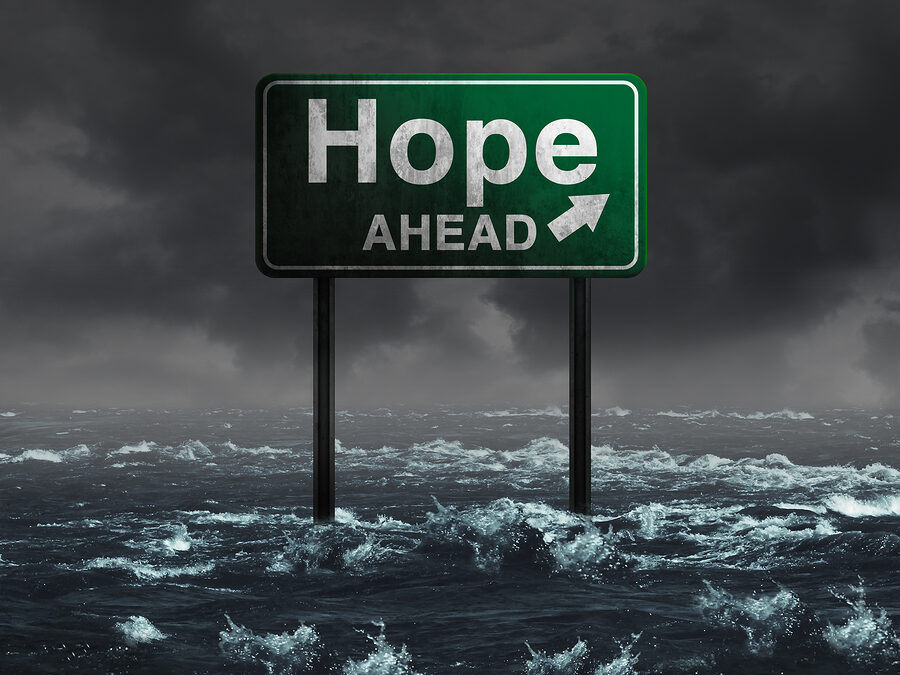Whenever a natural disaster strikes in, life comes to a standstill, leaving a plethora of people homeless, shattered, or at the very least devastated. The aftermath of a storm can bring a city, even an entire country to it’s knees. As we’ve seen with Hurricane Harvey, Irma and now Maria, hundreds of thousands of people have been impacted by Mother Nature and are now left to pick up the pieces. Our children, the people that are often impacted the most by storms sometimes fall through the cracks as the adults try to put on brave faces and rebuild. However, it’s just as important to take a moment and help our children recover mentally and emotionally after a natural disaster as it is for adults.
A few signs to look out for in your children as you begin the process of recovering include, but are not limited to:
- Social withdrawal
- Loss of appetite, or an excessive increase in appetite
- Change in sleep patterns: too much or too little sleep
- Irritability and anger
- Prolonged sadness
- Low concentration
- Disruptive behavior
- Frequent headaches, stomach aches or other sudden pains
- Suicidal thoughts
- Feeling hopeless, worthless and burdensome
- Delayed responses to routine conversations
If any of these symptoms sound familiar, your child may not be healing from the trauma they have experienced. A few things you can do to help your child recover are:
- Communicate with them. This is not to say that you don’t need to know what is going on, but you don’t need to inundate your child with footage and visuals of the disaster and aftermath.
- Point out the positives to your child. If you are unable to help your child recover, don’t hesitate to reach out to a counselor or pastor or some other authoritative figure. It’s okay if you can’t calm your child, and help them through this. It doesn’t mean you have failed as a parent. It just means you might need some extra help, and that’s okay.
- Call in reinforcements. If you must have the news on, show your child the footage that depicts the way a community comes together in times of crisis. Let them know that there is always hope during and after catastrophic situations.
- Turn off the news. Children wonder frantically when being exposed to a disaster, and questions keep filling the spaces in their minds. The best way to ease their thoughts is to answer questions they have – all of them. Yes, even the ones you may consider silly. Comfort them, and let them know that things will get better. Take time to listen to them, and talk about how they are feeling.
If you would like assistance in helping your child recover from the hurricanes or some other trauma, we invite you to call Hammond Psychology & Associates, P.A. at (813) 654-0503 today. You don’t have to go through this alone.

